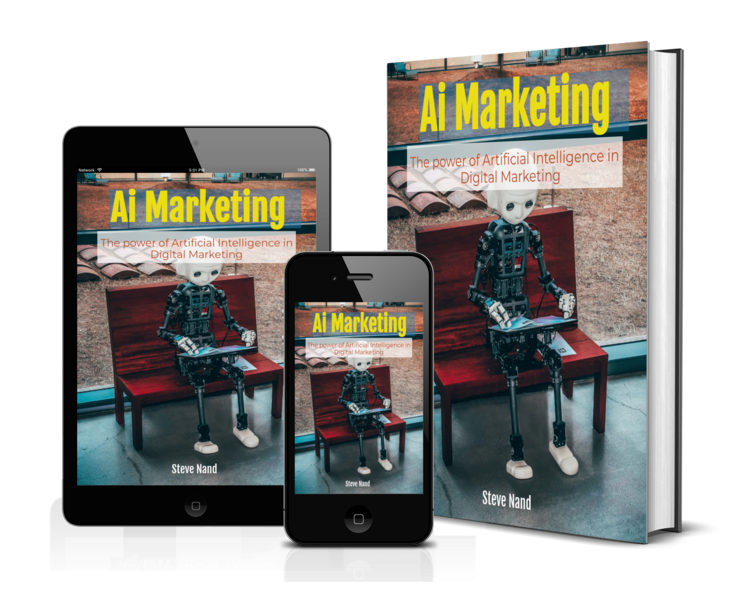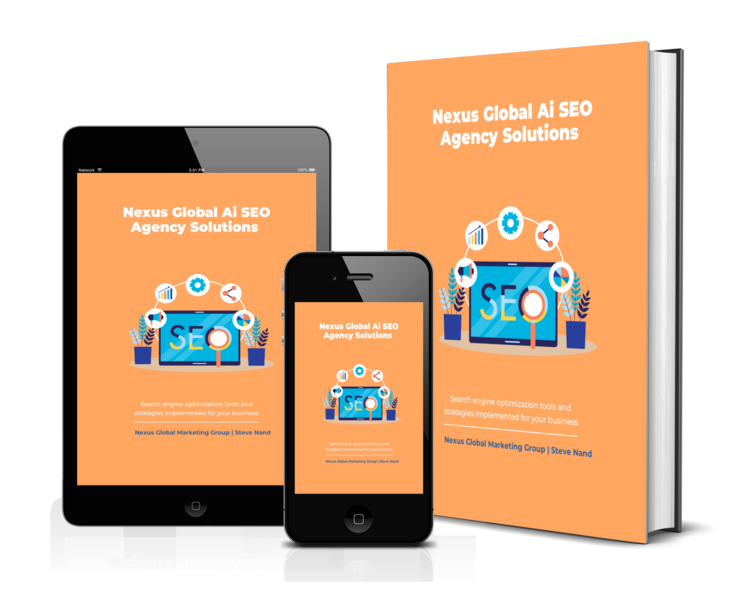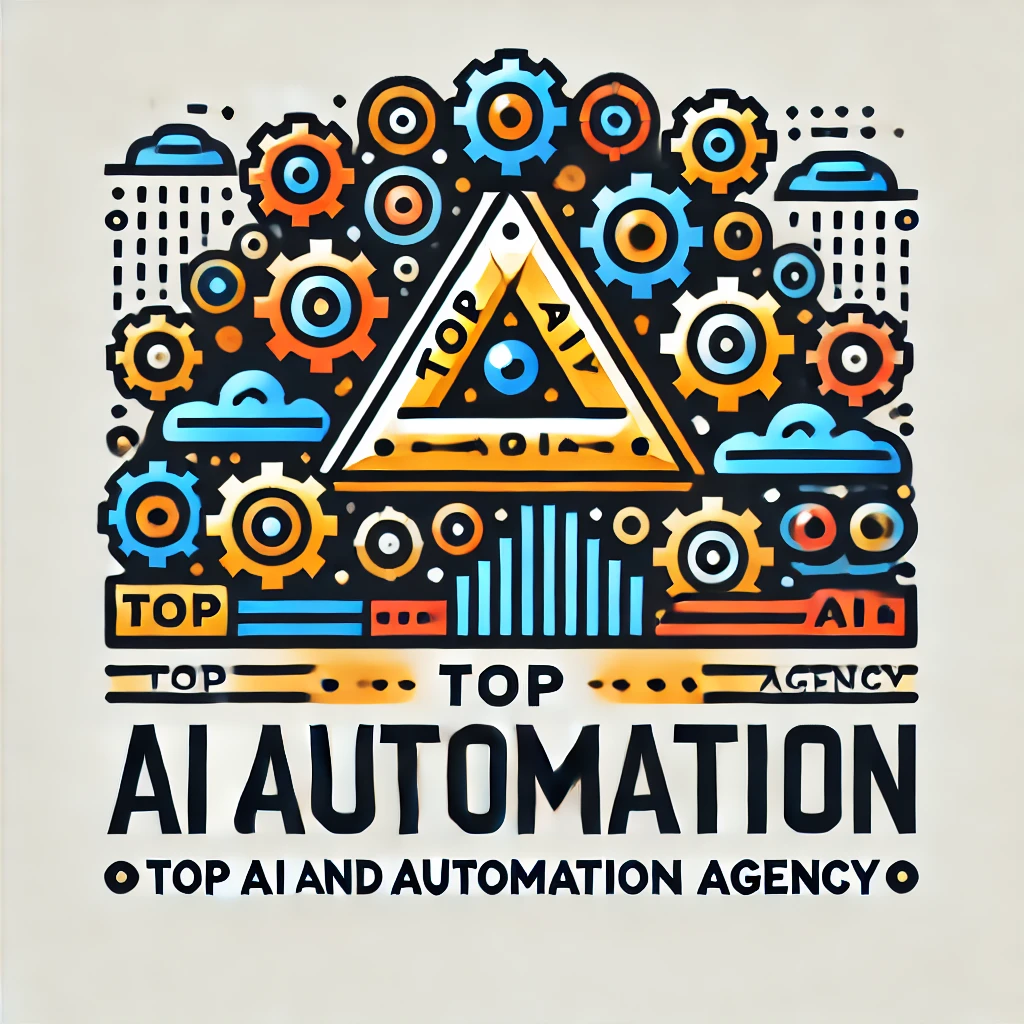Just as you seek efficiency in your work processes, employing digital tools can significantly enhance your business operations. This blog will guide you through the top digital tools that streamline various aspects of your business, from communication to project management. Each tool is selected based on its ability to save you time, reduce errors, and improve collaboration among your team. Let’s explore how these innovative solutions can transform the way you operate and lead you to greater success.

The Importance of Streamlining Business Operations
Your ability to streamline business operations directly impacts your efficiency, productivity, and ultimately, your bottom line. When you eliminate unnecessary processes and enhance workflow, you not only save valuable time but also reduce operational costs. By prioritizing efficiency, you empower your team to focus on their core responsibilities rather than getting bogged down by redundant tasks. In today’s fast-paced business environment, inefficiencies can be detrimental, leading to missed deadlines, frustrated employees, and dissatisfied customers. Recognizing this, you can take proactive steps to avoid these pitfalls by embracing streamlined operations.
Moreover, improved operations can significantly enhance your customer experience. When your internal processes are smooth and effective, you’re better equipped to respond to client needs promptly, ensuring their satisfaction and loyalty. Streamlining allows you to allocate resources effectively, making it easier to track performance and identify areas for improvement. By focusing on optimizing your operations, you set the stage for sustainable growth, allowing your business to adapt and thrive in an ever-evolving marketplace. Ultimately, heightened efficiency and customer satisfaction positions you favorably against your competitors, reinforcing your brand reputation.
Project Management Tools
Before venturing into the world of project management, it’s vital to understand that these tools are designed to simplify complex processes, enabling you to allocate resources effectively and meet deadlines. With the rapid advancement in technology, numerous platforms have emerged, each tailored to meet the unique needs of different businesses. By adopting the right project management tool, you can significantly enhance your team’s productivity and collaboration, ensuring that everyone is aligned and working towards common goals.
Overview of Popular Platforms
The most popular project management platforms include Asana, Trello, and Monday.com, each offering diverse features that cater to various styles of project management. Asana is often praised for its versatility in handling projects across different industries, making it a strong choice for teams looking for robust capabilities. Trello remains a favorite due to its visually appealing interface, utilizing a kanban-style board that helps you easily track your tasks. On the other hand, Monday.com offers a more structured environment suitable for teams that thrive on detailed, measurable workflows. These platforms not only facilitate task assignment but also ensure transparency and communication among team members.
Key Features and Benefits
Key features of project management tools can significantly enhance your team’s productivity and collaboration. These tools provide you with functionalities that streamline workflows, improve communication, and boost overall efficiency.
- Task management: Assign, prioritize, and track tasks effortlessly.
- Collaboration tools: Enhance teamwork through integrated communication features.
- Time tracking: Monitor the time spent on each task and project.
- Document sharing: Share files and resources in real-time to keep everyone updated.
- Reporting and analytics: Generate performance reports to assess project progress.
Knowing these tools’ features can help you optimize your workflow and ensure that your projects run smoothly. By selecting a platform that aligns with your specific needs, you can leverage the strengths of these tools to improve efficiency and achieve better results.
Project management tools not only help in organizing your tasks but also foster accountability within your team. When everyone knows their responsibilities, it reduces the chances of miscommunication and delays in project timelines. Moreover, with the right monitoring features, you can easily assess your progress and make data-driven decisions that propel your business forward.
- Centralized information: Access all project-related data in one location.
- Customizable workflows: Tailor the platform to fit your team’s unique processes.
- Integrations: Connect your favorite apps to streamline operations further.
- Notifications: Stay updated with automatic reminders for deadlines and meetings.
- User-friendly interface: Ensure ease of use for all team members.
Knowing the array of benefits these tools offer can help you make informed decisions that optimize your business operations and enhance your team’s performance.
Communication and Collaboration Tools
Any business that seeks to thrive in the digital landscape must prioritize efficient communication and collaboration. In today’s fast-paced world, various tools are available to help teams communicate seamlessly, regardless of their physical locations. Utilizing these tools can significantly increase productivity and foster a culture of teamwork. From instant messaging apps to video conferencing platforms, choosing the right tools for your team can enhance overall efficiency and reduce the likelihood of misunderstandings.
Essential Tools for Team Communication
Communication within your team often dictates the success of projects and initiatives. Tools like Slack, Microsoft Teams, and Zoom offer platforms that facilitate instant messaging, video calls, and file sharing, ensuring that everyone stays on the same page. These platforms allow for organized channels, making it easier to discuss specific topics without cluttering your inbox. By integrating these tools into your daily workflow, you empower your team to exchange ideas quickly and keep collaboration flowing.
Best Practices for Effective Collaboration
Above all, effective collaboration goes beyond simply using the right tools; it involves fostering an environment where team members feel comfortable sharing ideas and feedback. One tactic is to establish clear communication norms, such as designated channels for certain topics and guidelines for response times. Encouraging regular check-ins and brainstorming sessions can help keep your team aligned while nurturing creativity and innovation.
To enhance your collaboration efforts, adopt a proactive approach by prioritizing transparency within your teams. This means sharing not only updates but also challenges and concerns. It’s equally important to celebrate successes and recognize individual contributions, as this builds a sense of community and belonging. Implementing collaborative tools while adhering to these best practices ensures that your team not only communicates effectively but also collaborates in a way that drives your business forward.
Automation Software
For many businesses today, automation software has become a game-changer in improving operational efficiency. By leveraging this technology, you can minimize human error and free up valuable resources that can be redirected toward more strategic initiatives. Automation software can handle a variety of tasks, from customer relationship management to invoicing, which allows you to focus on what matters most—growing your business.
Automating Repetitive Tasks
Among the most significant advantages of incorporating automation software is its ability to streamline your workflow by automating repetitive tasks. Whether it’s sending emails, scheduling social media posts, or generating reports, automation can handle these mundane activities with minimal oversight. This not only saves you time and effort but also ensures that these tasks are executed consistently and accurately, leading to a more streamlined operation.
Integration with Existing Systems
With the variety of software solutions available today, the ability to integrate automation features with your existing systems is vital for maximizing efficiency. By choosing automation tools that can seamlessly connect to your current platforms, you can ensure a smooth transition and capitalize on your existing investments. This integration helps maintain data integrity and facilitates better communication among different departments within your organization.
Due to the flexible nature of many automation tools on the market, you can easily customize them to fit your specific needs while integrating with your current software. This capability not only enhances team collaboration by allowing various systems to share data but also reduces the risk of operational silos. When your automation software communicates with existing systems, you create a cohesive workflow that supports your overall business strategy.
Financial Management Tools
Once again, optimizing your business operations is imperative, and financial management tools play a significant role in achieving this goal. By leveraging innovative solutions, you can streamline processes, reduce errors, and enhance overall financial visibility. Take a look at 10 Tools to Help You Streamline Your Business to discover more about effective digital resources tailored to your needs.
Streamlining Accounting and Budgeting
Around your business, managing accounting and budgeting can often feel labor-intensive and complicated. However, with digital financial tools, you can automate processes like invoicing, expense tracking, and financial reporting, thereby saving valuable time and reducing the potential for human error. By utilizing cloud-based solutions, you can access real-time data anywhere, enabling you to make informed financial decisions on the fly.
Advantages of Digital Financial Tools
For your business, digital financial tools offer significant advantages that contribute to enhanced efficiencies. For instance, they provide an effortless way to maintain accurate records, analyze financial performance, and monitor cash flow. Additionally, these tools allow for seamless collaboration with accountants and financial advisors, ensuring your financial information is consistently up to date and accurate.
Consequently, embracing digital financial tools not only strengthens your financial management practices but also positions your business for successful growth. You can benefit from improved accuracy and efficiency, and enjoy the increased transparency that comes with automated financial records. Furthermore, the ability to access imperative financial data from anywhere enhances your decision-making capabilities and helps you stay on top of your financial obligations, paving the way for a healthier financial future for your business.
Customer Relationship Management (CRM) Tools
To effectively streamline your business operations, integrating a robust Customer Relationship Management (CRM) tool is vital. These tools not only help you manage customer data but also facilitate improved communication and personalized experiences for your clients. By harnessing the power of a CRM system, you can ensure a seamless flow of information across departments, ultimately leading to better decision-making and enhanced overall efficiency.
Enhancing Customer Interaction
The advantages of CRM tools manifest significantly in enhancing customer interaction. With detailed insights into customer preferences and interaction history, you can tailor your messaging and outreach strategies, which leads to stronger relationships. CRM systems allow you to automate follow-ups and reminders, thus guaranteeing that you never miss an opportunity to engage with your customers. This proactive approach not only fosters customer loyalty but also drives repeat business as your clients feel valued and understood.
Choosing the Right CRM System
By selecting the right CRM system, you can align your customer engagement strategies with your business objectives. It’s vital to consider factors such as user-friendliness, customization options, and integration capabilities with your existing tools. A system that complements your workflow without adding complexity can greatly enhance your team’s productivity. Additionally, evaluating customer support and training resources offered by the CRM provider can inform your decision-making process.
Considering your specific business needs and the type of interactions you have with your customers is vital for choosing an optimal CRM system. Do you need a simple, *intuitive platform*, or is a feature-rich *customizable solution* more aligned with your goals? Pay attention to *integration capabilities* with other software you use, as well as *scalability options* for future growth. Additionally, assessing the *cost-effectiveness* of each system will help you identify a balance between *functionality and budget*, ensuring that you invest wisely in enhancing your customer relationship strategies.
Summing up
To wrap up, leveraging top digital tools can significantly enhance the efficiency and effectiveness of your business operations. By adopting solutions tailored to your specific needs—whether they are for project management, communication, or financial tracking—you empower your team to work smarter and more collaboratively. This not only streamlines workflows but also fosters a culture of accountability and transparency within your organization, ultimately driving better results and improving customer satisfaction.
As you explore various digital tools, focus on those that integrate seamlessly with your existing systems and offer scalability for future growth. Assess the needs of your team and prioritize user-friendly platforms that enhance productivity without causing disruption. By making informed decisions about the tools you utilize, you will ensure that your business remains competitive and adaptable in an ever-evolving landscape.



















